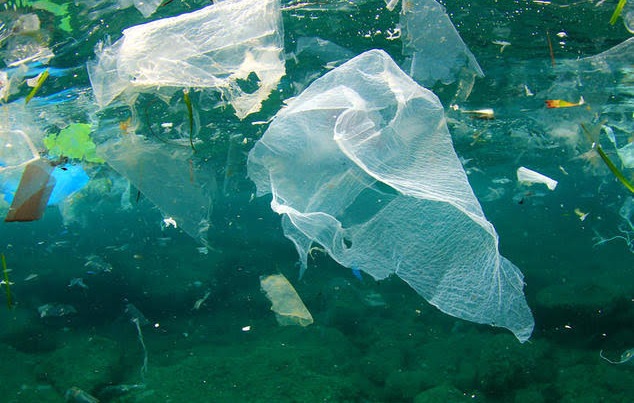New Delhi (NVI): At least 300 million tonnes of plastic waste is produced by the entire humanity each year, of which about 8 million tonnes end up in the ocean, according to a UN environment programme (UNEP) report.
In the last 50 years, plastic production has increased more than 22 times as per the report. Yet in 2015, only an estimated 9 per cent of plastics were recycled.
Plastics are part of modern life but when not properly managed, they harm human health, biodiversity and ecosystem services. The problem of plastic pollution has been growing, and the costs mounting, particularly for the marine environment, says UNEP in its report.
In 2015, the estimated damage to fisheries and aquaculture, marine transport, shipbuilding and marine tourism from marine debris for Asia-Pacific economic cooperation countries was USD 11.2 billion, the report said.
There has been a growing action, including bans on single-use plastic products. However, with investments of around USD 180 billion over the last decade in plastics production facilities, and COVID-19 causing a resurgence in single-use plastic products, the challenge is back.
Marine litter is a pollutant without borders, therefore, it needs a common approach to a common cause: the unsustainable consumption and production of plastic.
For keeping the oceans plastic free, UNEP is involved in several partnerships including the Global Partnership on Marine Litter, with over 200 members.
Apart from that, UNEP is involved in partnership with United Nations Environment Assembly, which will meet next year to advance action on marine litter, addressing plastic products pollution and other issues.
Another point is that the industry must take more responsibility for managing the plastic waste before it ends up in oceans. This can be done by bringing new tools and business models aimed at cutting unnecessary and problematic plastic use and keeping the plastic we need within the economy at its highest value.
We also need to manage COVID-19 plastic waste. According to the World Health Organization, every month, the world needs 89 million plastic medical masks, 76 million plastic examination masks and 1.6 million plastic protective goggles. Meanwhile, we have seen the halting or reversal of policies aimed at reducing single-use plastic products.
-RJV/ARK






